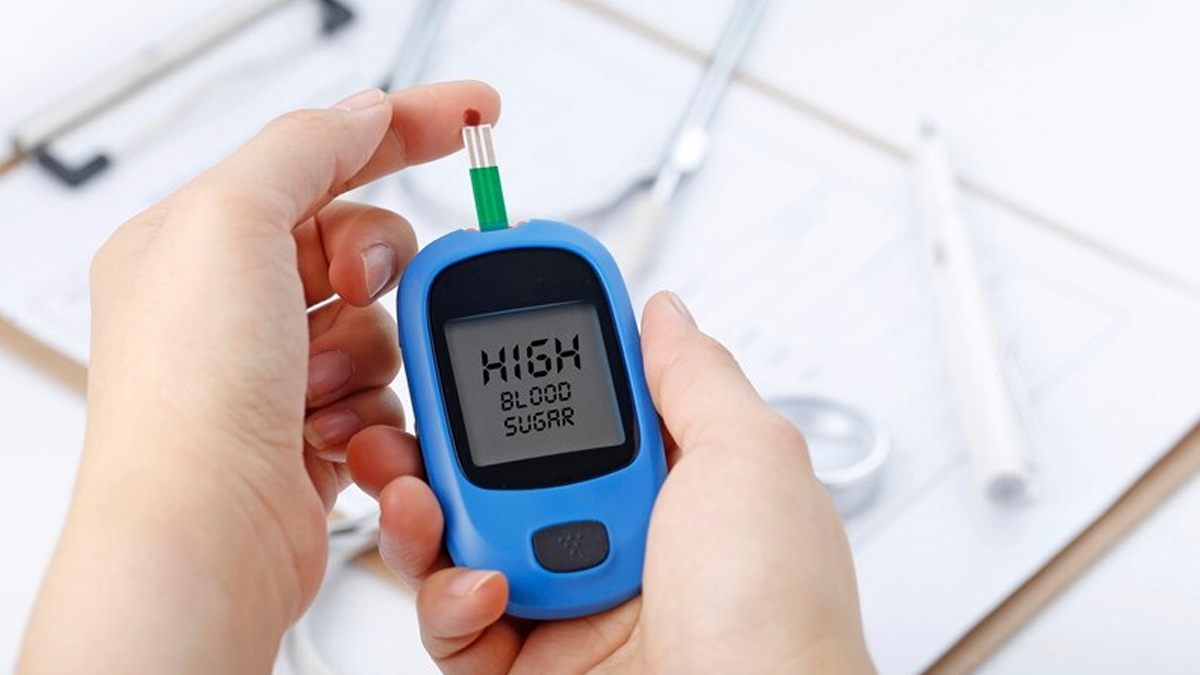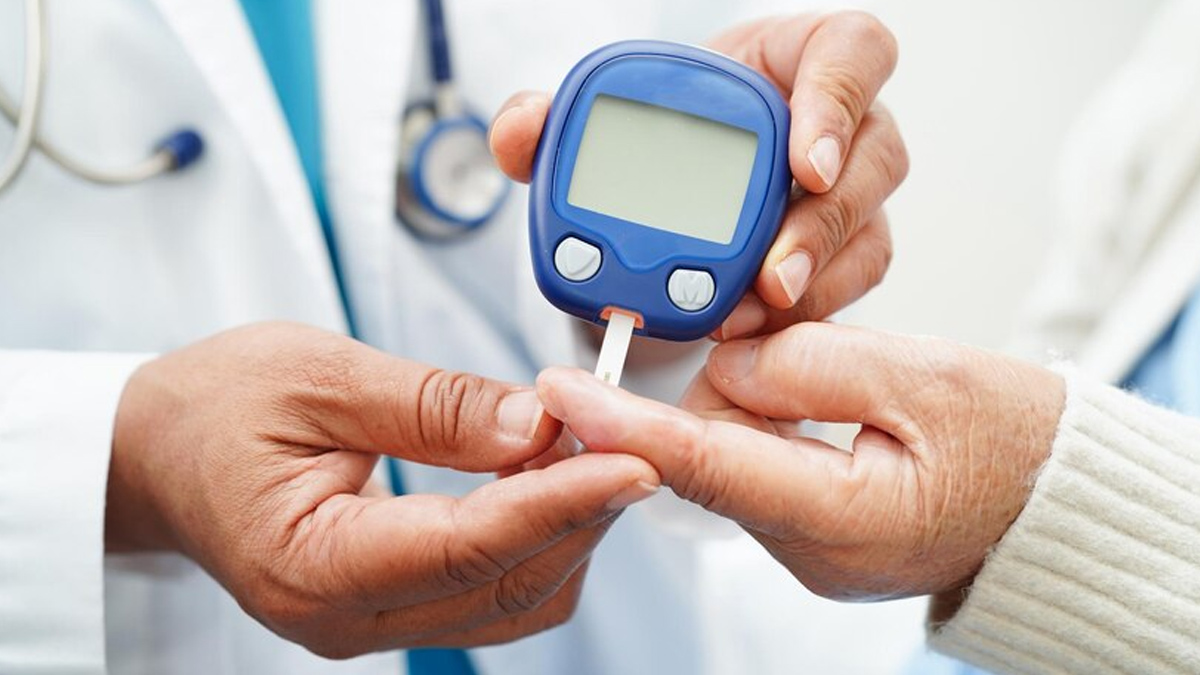
High blood sugar in diabetes patients can be a source of various health issues, ranging from kidney problems and nerve damage to cardiovascular issues. Additionally, it can also impact the blood vessels in your eyesight, leading to poor or loss of eyesight. In this article, we discuss the relationship between high blood sugar levels and blurry vision and how the conditions can be managed to prevent further complications.
Table of Content:-
What Causes Blurry Vision In People With Diabetes?

When it comes to blurry vision in diabetes patients, many factors can cause it. These include:
Diabetic retinopathy: The condition occurs when high blood sugar levels damage the retina's blood vessels, causing them to swell and leak fluid. This can eventually lead to blurry vision and can also cause other eye conditions like macular oedema and neovascular glaucoma.
According to a 2022 study published in the Lancet, 12.5% of Indian people had diabetic retinopathy, and 15.5% of people with known diabetes had it. In the US, the Center for Disease Control and Prevention (CDC) suggests that 90.6 lakh people will have diabetic retinopathy in 2021.
Also Read: How Diabetes Can Affect Different Parts Of The Body
Macular oedema: According to the National Eye Institute, macular oedema occurs when blood vessels in the retina leak fluid into the macula, which is a part of the retina, leading to blurred or distorted vision.
Hypoglycemia: Also called low blood sugar, hypoglycemia can lead to blurred vision. This happens when blood sugar levels drop too low, which is why the body doesn't get enough glucose to function properly, including the eyes. This lack of glucose can cause symptoms such as blurred vision, as the eye's normal functioning is impaired without adequate energy. It is important to note that both low and high blood sugar can lead to problems with vision.
Medications: Blurry vision can also occur as a side effect of certain medications, like insulin and metformin. Insulin can cause vision changes when you first start taking it, while metformin is a common side effect for people with type 2 diabetes.
Immediate Steps To Take If Your Have Blurry Vision

In an interaction with the OnlyMyHealth team, Dr Dheeraj Kapoor, Chief - Endocrinology, Artemis Hospital, Gurgaon, lists some of the urgent steps you can take if you have blurry vision due to diabetes:
- The first step is to check your blood sugar levels. If they are high, take your prescribed insulin or oral medication as directed.
- Hydrate, as dehydration can worsen blurry vision.
- If your vision is significantly blurred, rest your eyes; avoid straining them by reading or using electronic devices.
- If your vision doesn't improve or worsens, contact your healthcare provider; they can assess your condition and recommend appropriate treatment.
Additionally, one must follow strict practices to manage blood sugar levels in the long run. These include:
- Maintaining blood sugar levels within a target range
- Regular monitoring and adherence to the treatment plan
- Regular eye exams with an ophthalmologist
- Following a healthy lifestyle, including a balanced diet, regular exercise, and no smoking
Also Read: What Does An Ideal Breakfast Look Like For Diabetics: Foods To Eat And Avoid
Eye-Care Tips For Diabetes Patients

People with diabetes can particularly take extra steps to manage their eye health. According to Dr Kapoor, annual eye exams are crucial for the early detection and treatment of eye problems. He adds that one should wear sunglasses and safety eyewear when appropriate to protect their eyes from injury.
Moreover, diabetes patients should manage other pre-existing conditions like high blood pressure and high cholesterol, which can also affect eye health. It is best to consult a doctor and discuss suitable plans to minimise the risk of eye damage and further complications.
Also watch this video
Read Next
High Triglycerides Are Harmful For The Heart, But How Does It Impact Your Risk Of Diabetes?
How we keep this article up to date:
We work with experts and keep a close eye on the latest in health and wellness. Whenever there is a new research or helpful information, we update our articles with accurate and useful advice.
Current Version